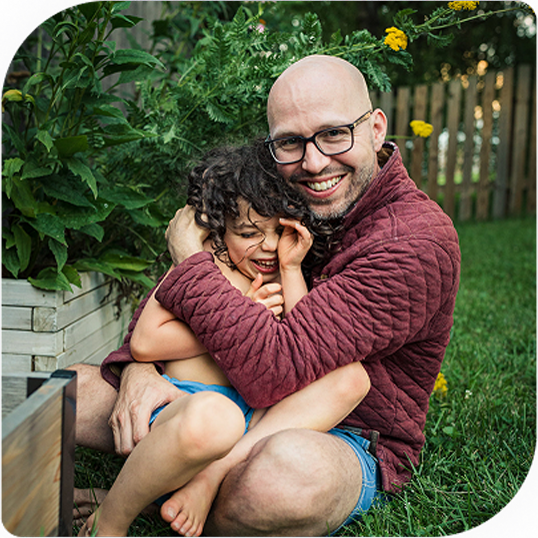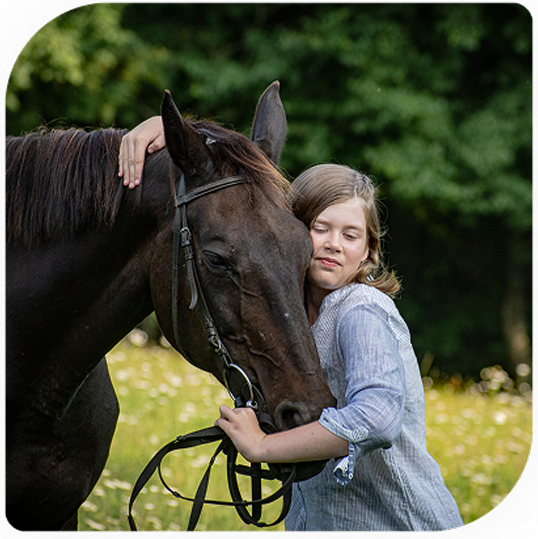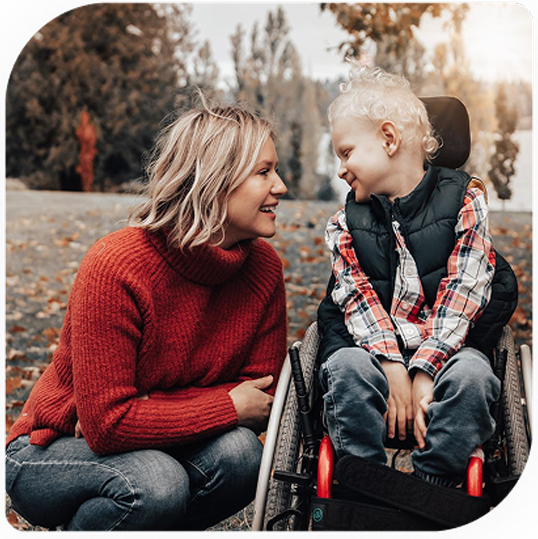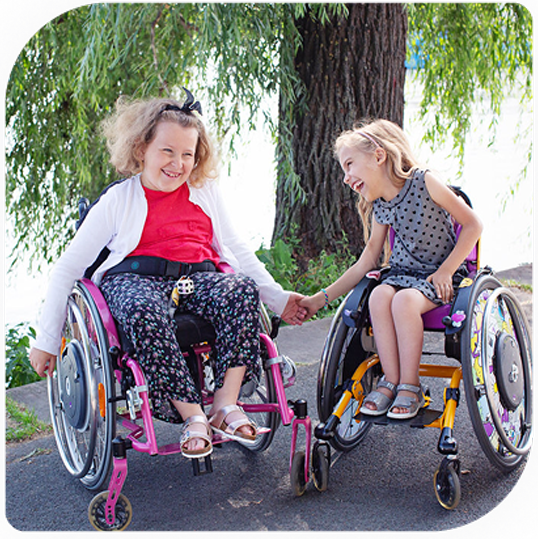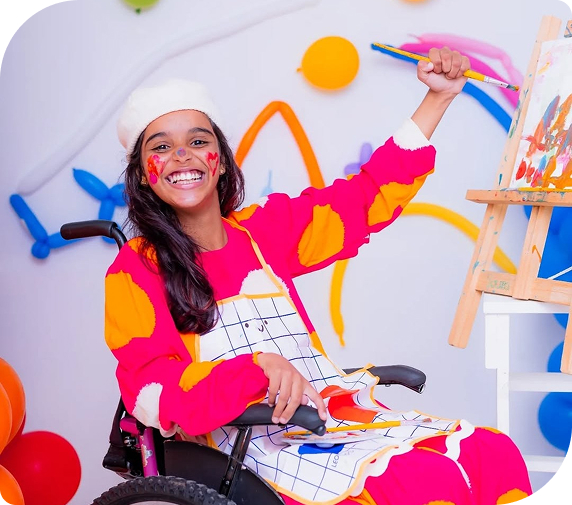

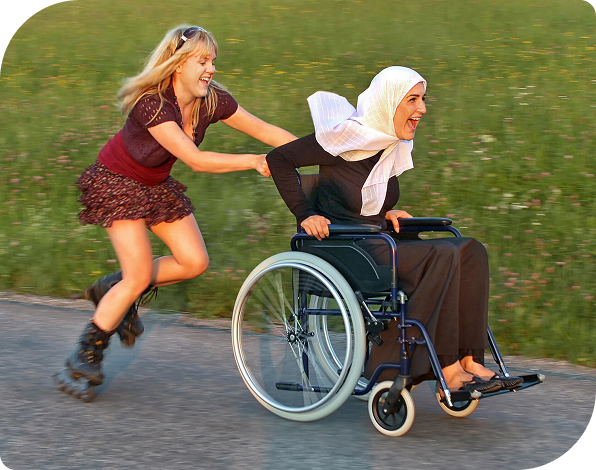
DISCLAIMER
It’s okay to feel anxious, stressed, or low in mood – please don’t be ashamed to talk about it.Living with a rare condition can be incredibly challenging. There are good days and bad days, and it’s normal to feel overwhelmed by loss or change. What matters most is remembering that acknowledging you’re not okay is a courageous and important step toward getting the support you need.
If you are feeling suicidal, you are not alone – there is always hope and help.
You can contact a suicide prevention helpline at any time. Visit the International Suicide Hotlines website for a list of support numbers available 24/7.

CO-CREATION PROCESS
EURORDIS initiated a co – creation process to develop a Mental Health Toolkit for Rare & Undiagnosed Conditions, starting at the EURORDIS ECRD Conference in May 2024.
This process involved six online workshops, bringing together over 40 experts, including individuals with lived experience and clinical professionals, to collaboratively design
the toolkit.










